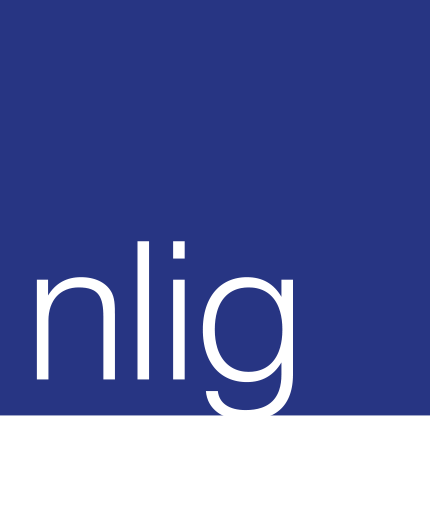Planning for a Crisis

At some point, most businesses experience a crisis. Whether large or small, from a product recall to a marketing blunder, any crisis has the potential to damage your reputation and put future business at risk, especially given the prominence of social media.
Crisis management is all about planning, preparation and problem-solving, so it’s good practice to have a pre-planned, well-executed crisis communications strategy in place. Here, we look at how to effectively plan for and manage a crisis.
Establish a crisis team
Create a team that can make decisions quickly and effectively. Utilise anyone with crisis management experience. Your team should ideally include the CEO or MD, who will be the frontline spokesperson; someone who can organise your crisis plan; a copywriter, with the ability to write clear and concise communications; a liaison officer, who can take calls and talk to customers.
List each person’s role in the team, what it will involve, and their contact details. If necessary, some roles can be carried out by the same person. It’s also a good idea to tell other members of staff not to talk to journalists or make any comments on social media.
Plan ahead
Look ahead and identify typical scenarios that could occur, such as a quality issue or product defect; an injury to staff, clients or the public as a result of your business; a natural disaster that affects your business, such as flooding or storm; or legal action taken against your company by a client, customer or employee.
Identify audiences
List any audiences that may be affected, with contact details if appropriate, and put together a list of common questions they could ask, with some draft answers. This could include employers, customers, media, people living close by, government departments and shareholders or partners.
Media communication
Communicate quickly and effectively with the media: decide whether to issue a press release, update via email or hold a press conference. Designate someone to ensure all content is factually correct and think how you will handle media requests and respond to reporters.
Customer communication
Put customers first by communicating with them and trying to find a solution, being supportive and collaborative rather than defensive. Respond to negative comments on social media by contacting customers directly to apologise, offer a refund or a discount on a future purchase, or change the policy that caused the issue.
Command centre
Have a location where your team can meet and work during the crisis, either at your premises or off-site, with telephone and internet access. Your team can handle calls, respond to the media and update customers from this location, allowing your business to continue operating as usual, if possible.
Notify your team
Ensure each member is ready to react and respond quickly in the event of a crisis. Include all key information in your plan and distribute it across the team, and make sure your frontline spokesperson is trained to speak to the media. Test the plan in advance to see if any areas can be improved. The better prepared you are, the better your response will be.
Evaluation and follow-up
When the crisis is over, evaluate how you handled it and learn from the experience. Look at your strengths, weaknesses, how you are doing now and how you’d do things differently. Listen to any feedback and try to understand how your audience feels. Do you need to do any follow-up communication to customers? Do you need to fulfil any promises made?
Help in a crisis
At NLIG, our business is your protection, none more so than when you are undergoing a crisis. We will always look for ways in which we can mitigate your risks through appropriate insurance cover, including business interruption, cyber cover, accidental damage, public, product and employers’ liability, legal costs and more.
It’s good to know that when you’re in a crisis, someone is there supporting, advising and fighting your corner. By identifying current and emerging risks, we are able to maximise the protection your insurance provides, and in the event you wish to make a claim, will liaise with your insurer and aim to reach a satisfactory settlement as speedily as possible.
To arrange insurance, discuss cover or make a claim, call NLIG on 01992 703300, or email us: insurance@nlig.co.uk
Sources
Business.com: Effective Crisis Communication Strategies
Federation of Small Businesses: Putting together a PR Crisis Plan

